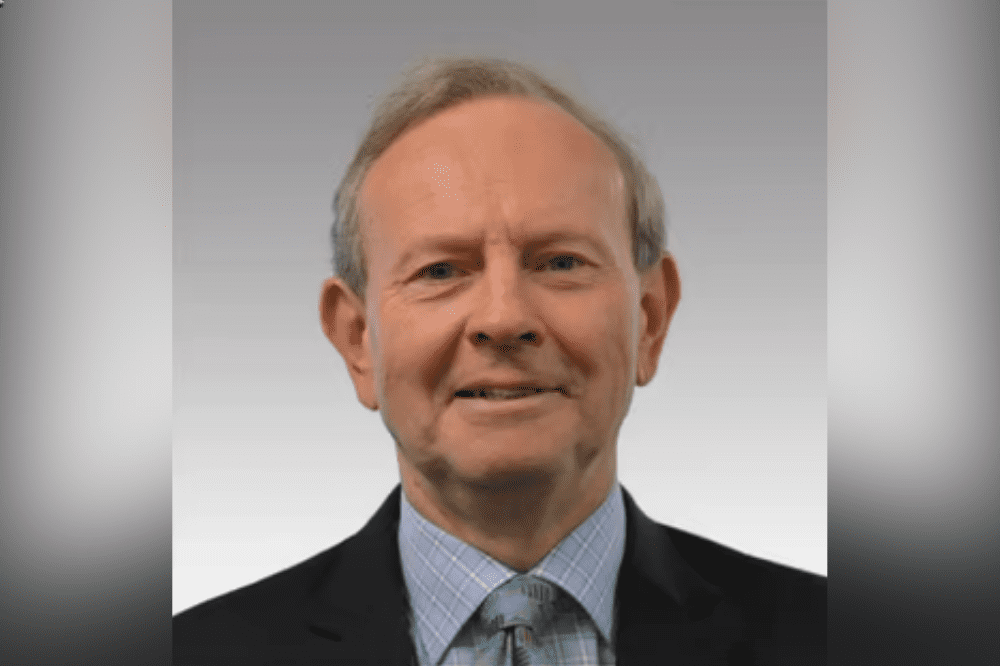An opportunity to support each other through difficult times

This has been a trial for us to deal with as individuals, as part of our groups of friends and whanau, as managers and colleagues and in supporting our customers. None of this has been easy, and for some it has involved loss.
At heart, ours is a people business. We’re there to help pick up the pieces when the worst happens. Our role is not simply transactional. That’s why, at the conference, we wanted to provide some insights and tools to help make sense of what we’re all going through.
Dr Lucy Hone gave an outstanding presentation. A trained academic specialising in resilience, she bought her own experience of helping people through both the Canterbury earthquakes and the empathy that comes from dealing with her own loss.
She delivered a presentation based on her 2019 TED talk: Three secrets of resilient people. I commend you to go and find it on the TED platform. At the conference she bought it up to date in a most engaging and empathetic way.
Her talk focuses on three things that have been shown to help deal with major challenges in our lives:
Accepting and acknowledging the situation as part of life,
Actively choosing to focus our attention on the things we can change, and,
Being kind to yourself by asking if what you are doing is helping or harming.
I’m not Dr Hone, and this column is not the place to unpack each of these. In listing them, I hope you are encouraged to watch her TED talk to hear about them for yourself.
I also hope that there are things in what she says that we can all take to help us support those around us. From an insurer’s perspective, this might be of particular value at claims time. Simply put, people get in touch with us because something, big or small, has gone wrong. Each of us have a different capacity to cope with this; some may struggle with the smallest of losses; others might sail through the total loss of their home.
And of course, our hard-working claims handlers are on the frontline of dealing with customers who often call in distress. Our claims handlers are not councillors but do bring a great deal of empathy and compassion to their work. We need to acknowledge and support them for the burden they carry in doing so.
I acknowledge these are difficult times and talking about these issues can be confronting. Help is available.
Resources
Dr Hone’s TED talk: https://www.ted.com/talks/lucy_hone_3_secrets_of_resilient_people?language=en
Her website for the New Zealand Institute of Wellbeing and Resilience also has many excellent resources. https://nziwr.co.nz/
She runs a free online community: https://www.facebook.com/groups/cwlcommunity and an online short-course for the bereaved: https://maven.com/coping-with-loss/a-better-way-to-grieve
The Mental Health Foundation has comprehensive resources and sources of support for suicide here: https://mentalhealth.org.nz/suicide-loss
Lifeline Aotearoa offer a free, confidential, 24/7 help to support the emotional and mental well-being of callers and communities within New Zealand on 0800 LIFELINE (0800 543 354), by sending a text to HELP (4357) or via its website www.lifeline.org.nz.
And of course, most employers in our sector provide access to Employee Assistance Programmes.





